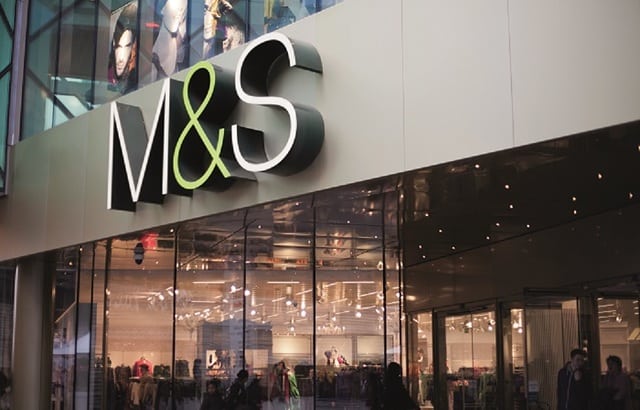Sales across British retailers rose by 1.0% between July and August, besting analysts’ predicted meagre growth of 0.2%.
Even more surprising, the key driver of August’s surprisingly robust growth was from non-food stores like department stores and other DIY outlets.
Traditional clothing retailers have struggled in recent years to compete with “fast fashion” brands like Zara and Boohoo and internet marketplaces like Amazon and Asos.
And post-Brexit, they have faced additional headwinds from rising inflation and weaker sterling curbing consumers’ ability to spend.
Some of Britain’s biggest retailers felt the love following the ONS update, with shares in Marks & Spencer rising 2.26% to £3.48p and Next’s shares rising 1.35% to £50.43p.
The market’s exuberance was also felt among the FTSE 250 constituents, with The Restaurant Group and Dixons Carphone trading higher on the day.
Sterling also spiked sharply on the back of the news, gaining three-quarters of a cent against the dollar and half a cent against the euro.
The drastic turnaround in the retail sector “could bode well for economic growth” in the second half of the year, speculated Ben Brettell, senior economist at Hargreaves Lansdown.
“Spending has defied expectations of a slowdown since the Brexit referendum, and currently seems to be holding up despite weak wage growth and above-target inflation.
“This could bode well for economic growth – the UK economy is heavily reliant on the consumer, and economists had expected falling real incomes to eventually translate into weak retail sales.
“If this fails to materialise the economy could see a stronger second half to the year – though there are also growing concerns over the level of household debt, which is fuelling continued consumption in the absence of rising real wages.”
However Ian Forrest, investment research analyst at The Share Centre, was quick to note that “there are still concerns that low wage growth will continue to make it hard for growth to return to the levels seen last year”.
“The higher than expected level of inflation reported recently has led the Bank of England to talk of raising interest rates in the next few months which would also provide a headwind to retail sales, although the recent strengthening of sterling will ease some of the inflationary pressures.”











